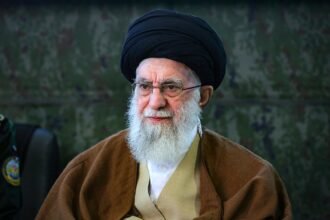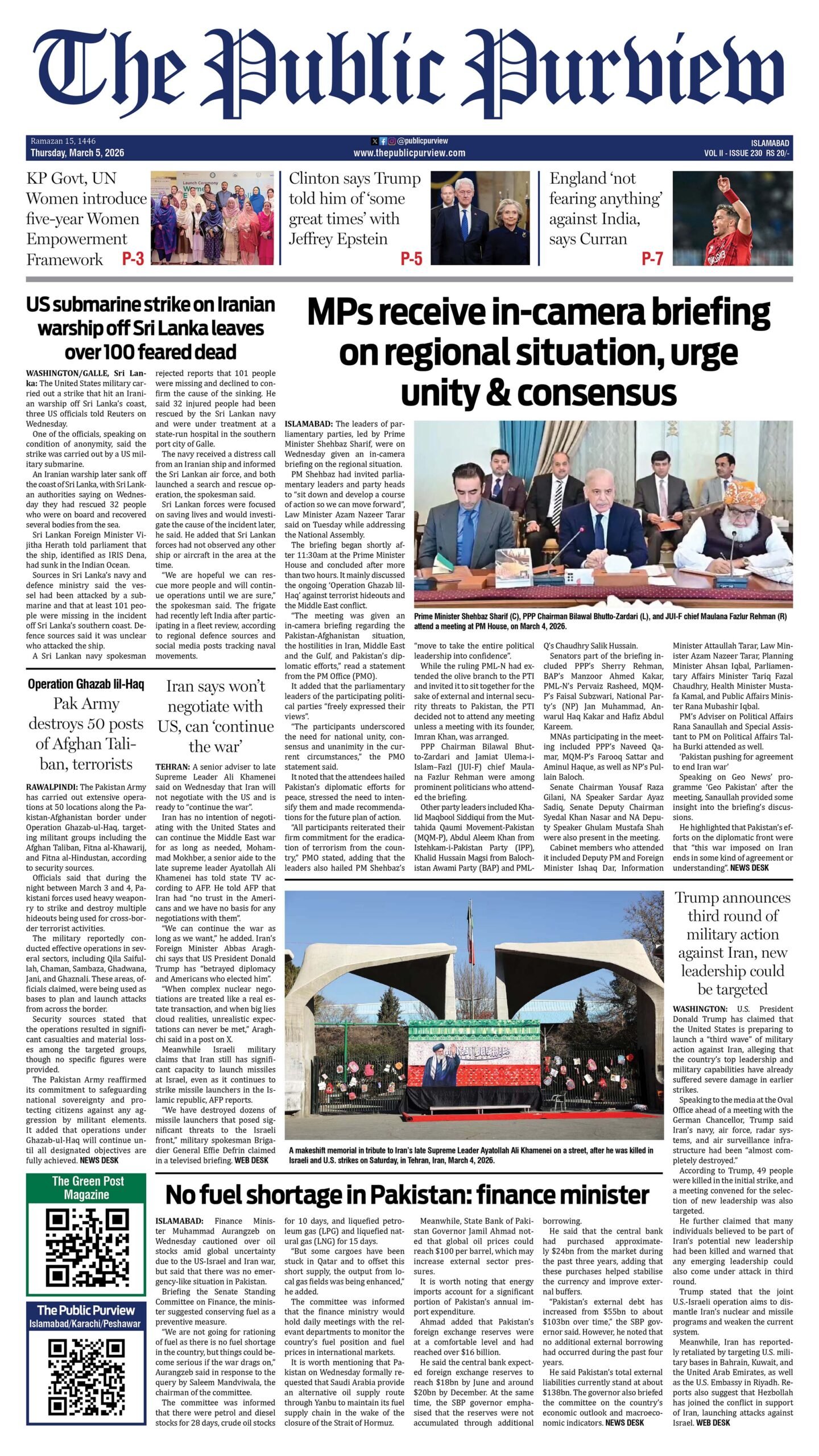
By: Abid Ali Khan
(Senior Journalist and Columnist)
When U.S. President George W. Bush declared in 2003, following the invasion of Iraq, that “we have the power to liberate a nation by dismantling a dangerous and aggressive regime,” the world reacted not with admiration, but with skepticism. History soon revealed that the claims made by the U.S. and its allies were largely a product of a manufactured climate of fear. No weapons of mass destruction (WMDs) were found in Iraq, nor was peace restored. What did occur was the decimation of a sovereign state.
Now, 22 years later, we find ourselves facing a hauntingly familiar scenario — only this time, the target is Iran. Once again, we hear the same rhetoric, the same allegations, the same justifications, and the same unsettling silence from the global community.
The Joint US-Israel Narrative
Over the past few weeks, the United States and Israel have launched direct military strikes against Iran, claiming to neutralize the threat of its nuclear program. But the central question remains: if Iran truly is developing nuclear weapons, where is the credible evidence? And if Iran’s assertion is valid — that its nuclear programme is strictly for civilian purposes — then what justifies this war frenzy?
Israeli Prime Minister Benjamin Netanyahu has, for more than three decades, insisted that Iran is on the brink of building a nuclear bomb. Much like in 2002, when he urged the U.S. Congress to invade Iraq based on the false claim that Baghdad possessed WMDs — only for the world to later discover that there were none.
Democracy or a Game of Power?
Recent statements from U.S. leadership have once again invoked the possibility of “regime change” — the replacement of Iran’s ruling government. Is the objective to turn Iran into another Iraq? To engulf Tehran in the same flames that consumed Baghdad? Is this, too, to be done in the name of democracy, or is it simply a war for control and strategic dominance?
It appears that, in contemporary geopolitics, ideals such as democracy and human rights have been reduced to slogans. The real game is about asserting control — over oil reserves, trade routes, and regional supremacy.
The West’s Double Standards
We must not forget the consequences of the Iraq war.
Millions of innocent civilians lost their lives.
Thousands of U.S. soldiers perished.
The Middle East was plunged into deeper chaos.
Groups like ISIS found fertile ground in the power vacuum that followed.
And now, we are witnessing the same war drums beating once more. The world is being persuaded that Iran is an “imminent threat,” and must be confronted with military force.
A Test for Pakistan’s Leadership
This moment presents a crucial test for Pakistan. It must adopt a clear and principled stance. Rather than hiding behind a veil of neutrality, Pakistan must uphold the values of justice from both an Islamic and ethical perspective. Iran is not only a neighboring country — it is a fellow Muslim nation and a key regional player. If Iran is destabilized, the fallout will undoubtedly have serious consequences for Pakistan and the broader region.
Conclusion: Lessons of History
History teaches us that peace imposed through force is never sustainable. Iraq, Libya, and Syria stand as tragic reminders of this truth. By targeting Iran, yet another chapter of devastation is being prepared.
Now is the time for the Muslim world — and the international community at large — to adopt a course rooted in wisdom, pragmatism, and the true principles of peace. Otherwise, two decades from now, another journalist may be asking the same question:
“Were these words said about Iran in 2025 — or about Syria in 2035?”







 Today's E-Paper
Today's E-Paper